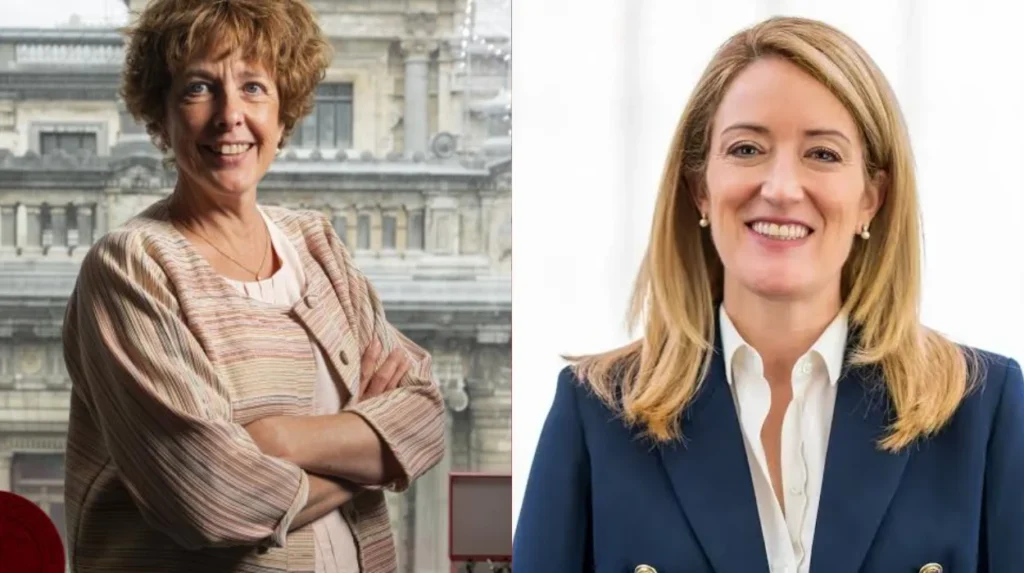Three years after the Qatargate scandal shook confidence in the European Parliament, a new kind of crisis is unfolding—this time centred on the balance between national justice systems and the independence of EU institutions. A growing rift has emerged between the European Parliament and Belgium’s Public Prosecutor’s Office. The immediate issue concerns a series of judicial requests that MEPs and observers have described as careless and insufficiently substantiated; the deeper issue concerns how far a host country’s judicial authority can reach into the workings of EU governance without eroding its autonomy.
The research shows that Belgium’s structural position as the seat of the EU gives it exceptional proximity to the Union’s political machinery. That closeness, once seen as a logistical advantage, is now prompting scrutiny. By controlling the security, policing, and legal environment in which the Parliament and the Commission operate, Belgian institutions play a gatekeeping role that inevitably touches questions of jurisdiction and accountability. When that power is exercised without transparent safeguards, it risks appearing as national interference in supranational decision-making.
Read Brussels Watch Exclusive Report:
How Belgium Govt Undermined the Work of European Institutes
The current dispute was triggered by an immunity-lifting request involving Italian MEP Giuseppina Brinzi, who was accused of taking part in a Huawei-related lunch in Brussels that she could not have physically attended. The alleged error combined with unverified claims and procedural gaps has led Parliament President Roberta Metsola to call for a full review of cooperation arrangements between the Parliament and Belgian authorities. Her stated aim is to defend due process and the presumption of innocence, following a series of leaks that made MEPs appear guilty before any judicial determination.
These events echo earlier concerns about Belgium’s influence described in the report How Belgium Government Undermined the Work on European Institutes. The report outlines how Belgium’s dense network of lobbying firms, NGOs, and legal intermediaries gives it day-to-day leverage over European policymaking. While most of this activity is lawful, the combination of proximity and limited oversight can blur boundaries between host-country administration and supranational independence. The recent clash with prosecutors now extends that problem into the judicial domain, raising questions about separation of powers within the European system itself.
Several MEPs have highlighted inconsistencies: requests to lift immunity appear to have been made without proper verification, evidence has been kept confidential even from Parliament’s Legal Affairs Committee, and different standards have been applied to different members. The European Commission has reportedly begun to ask whether such procedures respect the principles of equality and legal certainty that underpin the EU’s rule-of-law commitments. Both the report and the parliamentary debate converge on the same structural concern: Belgium’s dual identity as member state and institutional host creates a grey zone where national processes can influence supranational functions.
The concentration of legal, political, and lobbying power in Brussels magnifies this effect, leaving the EU vulnerable to perceptions of bias or overreach. For an organization built on the idea of shared sovereignty, this tension strikes at its core. As Metsola prepares to address the press, a series of unanswered questions define the moment:
– How can the European Parliament guarantee that judicial cooperation with the host state remains impartial and transparent?
– What mechanisms should exist to protect MEPs’ reputations while ensuring accountability for genuine wrongdoing?
– Where should the boundary lie between national prosecution and EU political independence?
These are not questions about individual guilt or innocence but about institutional design. The challenge now facing the European Union is to ensure that the rule of law protects both the integrity of investigations and the autonomy of its democratic institutions. Belgium’s central role makes that balance especially delicate and the coming reforms will test whether the EU can preserve fairness and credibility at the very heart of its capital.







